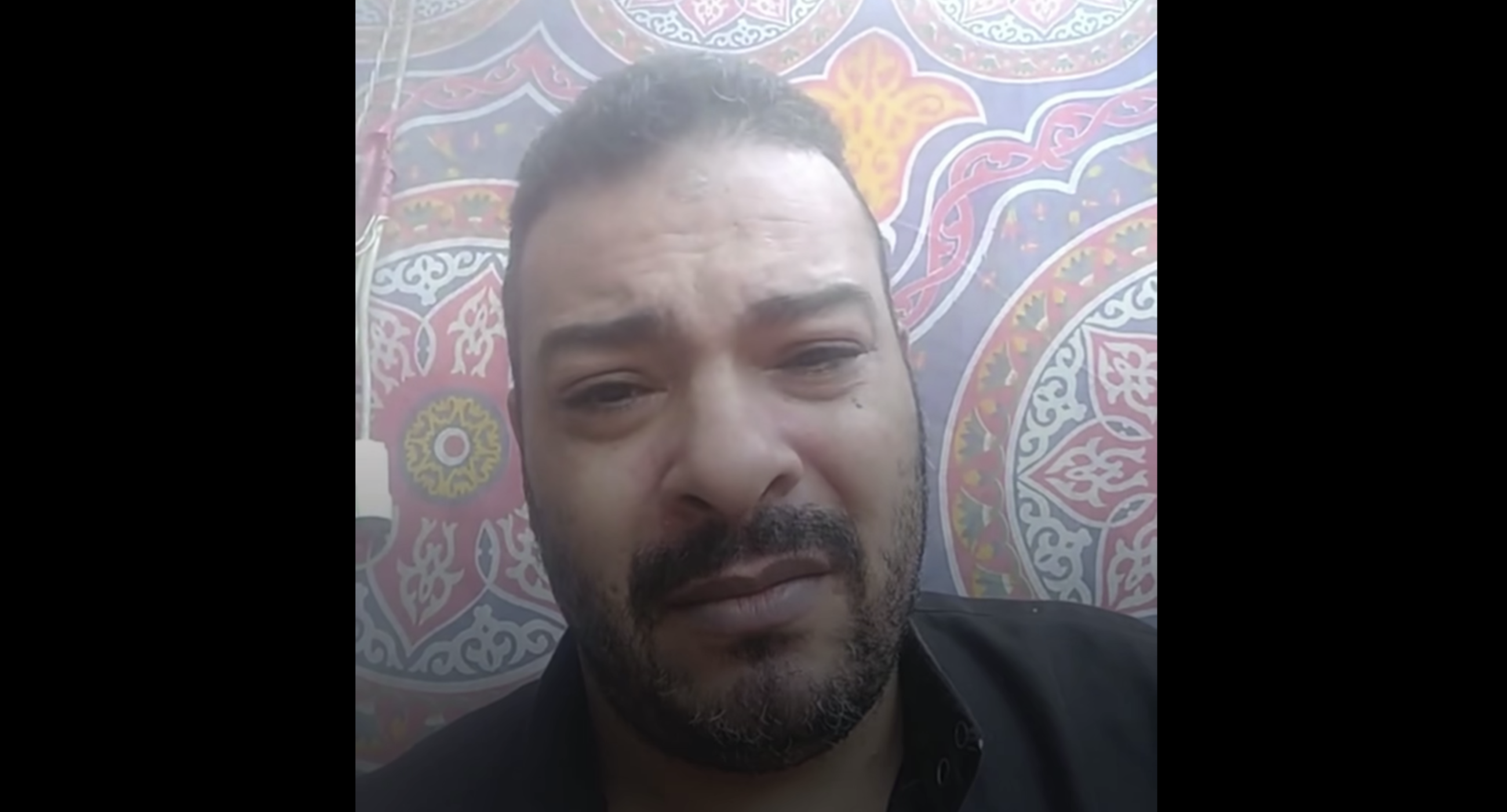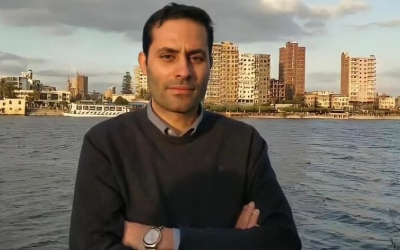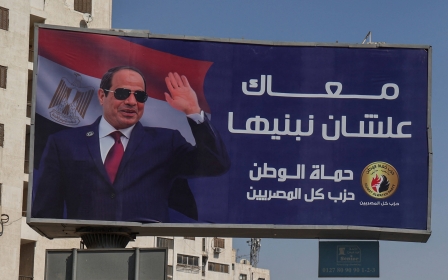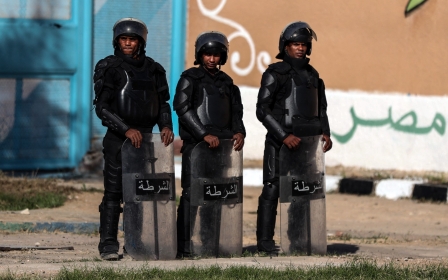Egypt presidential elections: Man disappears after saying he no longer supports Sisi

An Egyptian man has been “forcibly disappeared” after posting a video on Facebook in which he criticised the economic situation under President Abdel Fattah el-Sisi just months ahead of the presidential election, a rights group has confirmed.
According to the Egyptian Network for Human Rights, Hussein Muhammad Hussein went missing on 13 September, a day after he posted the video, in which he said he would not give his vote to Sisi again.
Egypt’s elections authority on Monday announced the timeline for the vote, which will take place on 10 December amid a crackdown on government critics and opposition leaders expected to run against Sisi.
“People who know me know that I’ve been a Sisi supporter from the beginning of his rule till now. But we can’t remain silent with what’s happening these days,” Hussein said in the video, referring to the cost-of-living crisis.
“President Sisi, what is happening these days does not please God. I need to borrow money to buy onions, which now costs 25 pounds ($0.80), and a tiny loaf of bread costs 2 pounds. This is unfair,” he added.
New MEE newsletter: Jerusalem Dispatch
Sign up to get the latest insights and analysis on Israel-Palestine, alongside Turkey Unpacked and other MEE newsletters
He also denounced the state of education in the country, saying “education is for those who have money. There is no longer free education," and that of healthcare: "If you don’t have money you die."
Hussein took aim at the mega-construction projects sponsored by the Sisi government, such as new road and bridge projects, saying their benefits do not trickle down to the poor.
"Mr President, I will not vote for you in the next elections," he declared at the end of his video.
The ENHR called on Egyptian authorities to disclose Hussein's whereabouts in accordance with Egyptian laws.
"The Network calls upon the Egyptian security authorities to disclose the whereabouts of Mr Hussein promptly, release him, and cease the pursuit and arrest of citizens for expressing their opinions or complaining about their deteriorating conditions," it said in a statement.
"ENHR calls for adherence to Article 65 of the 2014 Constitution, which guarantees freedom of thought and opinion and affirms that "every person has the right to express their opinion verbally, in writing, through imagery, or through other forms of expression".
Repression and record inflation
The presidential election will take place as Egypt is in the midst of a severe economic crisis that has seen the Egyptian pound lose half its value against the dollar, leading to record inflation and foreign currency shortages.
In August, annual inflation in Egypt reached a new record of 39.7 percent, according to official figures.
The election comes against the backdrop of continued targeting of the opposition, with an estimated 65,000 political prisoners languishing in jails since Sisi came to power in 2014, a year after leading a coup that toppled Egypt's first democratically elected president, Mohamed Morsi.
Sisi won a second term in the 2018 election in a landslide victory, with 97 percent of the vote, against one candidate, himself a supporter of Sisi, after all serious opposition hopefuls had either been arrested or pulled out, citing intimidation.
Constitutional amendments in 2019 paved the way for the 68-year-old former army general to stand for an additional two terms, in addition to extending the duration of presidential terms from four to six years.
Most notable among the four candidates who have so far expressed an intention to run in the upcoming election is former lawmaker Ahmed Tantawy.
Earlier this month, a report by The Citizen Lab showed that Tantawy was hacked by European commercial spyware several times after he announced his interest in running for the presidency.
A political adviser on Tantawy's campaign, Ahmed Abdeen, told Middle East Eye that the former lawmaker would push forward with his candidacy despite the hacking.
Tantawy has also reported that security forces have arrested some of his associates and prevented him from holding election-related events.
Middle East Eye delivers independent and unrivalled coverage and analysis of the Middle East, North Africa and beyond. To learn more about republishing this content and the associated fees, please fill out this form. More about MEE can be found here.





